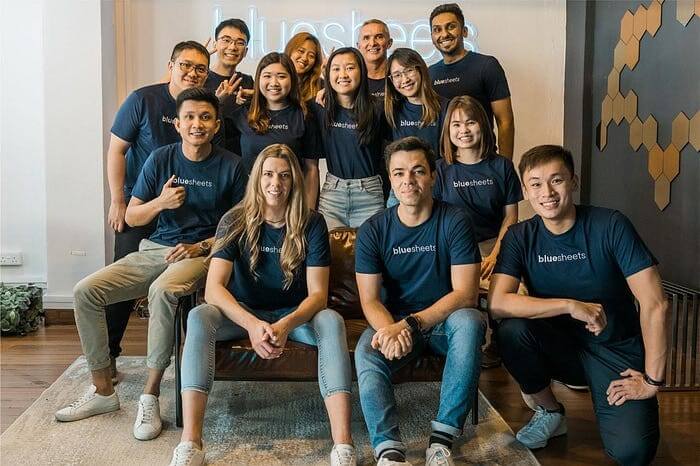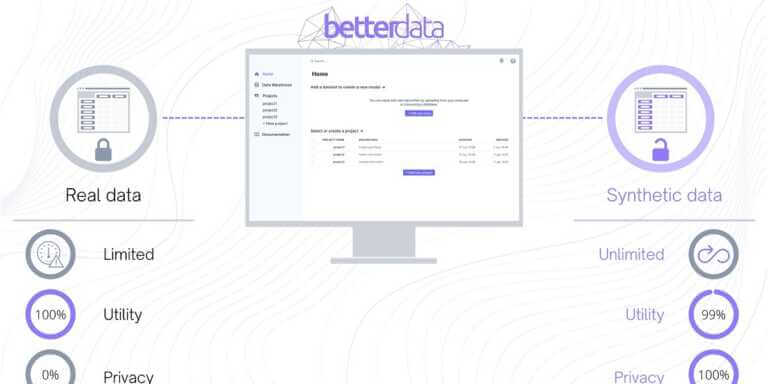
BLOG
bridge financing for startups in an economic crisis

share:
Startups generally die because they run out cash, not ideas. At this time, founders will be looking closely at their cash and runway. As VCs hunker down, new capital will be scarcer and startups may have to scramble for cash using bridge financings with less founder friendly terms.
We’ve considered some of the issues around startups structuring bridge financing transactions in an economic crisis – using both equity or convertible notes. Here’s our rundown of what we think founders might face.
(You can view our other Covid-19 related content on our blog.)
priced equity rounds
- Valuation – The main issue here is low valuations. Startups will want to avoid a down round at all costs which may significantly dilute existing shareholders. That might mean we see more debt instruments like convertible notes which don’t fix a valuation immediately (we discuss convertible notes below).
- Tranched investments – Investors may increasingly look to tranched investments (being investments where the funds are made available in stages, instead of the total investment amount being made available upfront). Founders will need to consider how much risk this introduces to the prospect of actually seeing the money. Are the tranches subject to KPIs? If so, are the KPIs achievable and able to be measured objectively, so you don’t end up in a dispute with investors about whether or not a KPI has been satisfied? The conditions to closing of any deferred investment amounts will also need to be reviewed carefully. Is there any material adverse event (MAE) clause triggered by a deterioration in the financial performance of the business? If so, you may need to be clear on what is material in these extraordinary economic circumstances, where clearly the goal posts have shifted.
- Secondaries – Startups may need to structure deals with a mix of primary offers (new investment monies) and secondaries (sales of shares by existing shareholders) – with secondaries at a discounted price. This will enable some VCs, angels and other early investors to exit and cash out. Founders may need to think about offering this to sweeten deals for existing investors.
- Term sheets – These are non-binding. Investors do not typically sign term sheets and then withdraw for market reasons. But we’re in extraordinary times. Investors can in theory walk away without any reason. Keep exclusivity periods in term sheets to a minimum (e.g. not more than 30 days) so if an investor does start to look like it is having a rethink, the company can quickly move on to other investment opportunities.
- Deal process – Startups need deals to close quickly. The opposite is likely to happen however, as investors take time to consider how the business will look on the other side of COVID-19’s impacts. Founders should consider limiting the number of new investors and engage early with existing shareholders on any terms which impact them. The simpler the transaction and the fewer the surprises for existing shareholders, the faster the equity deal is likely to close.
convertible notes
- Increase in debt – There will inevitably be more debt financings during the remainder of 2020 and beyond. Mainly as debt holders take priority over shareholders in a winding up, and investors will prefer this position. In the startup world that most likely means convertible notes rather than traditional bank debt (which won’t be available anyway), and venture debt (which usually supplements equity financing rounds).
- Type of instrument – We’d expect investors to insist on conventional convertible notes (or a KISS) for the time being, as opposed to SAFEs. This is because they include a maturity date – the date on which the debt must be repaid if the company hasn’t closed the next equity financing round – which partially de-risks the investment for investors. Typically maturity periods have been 18-24 months. In normal times, this would be more than sufficient time to close the next equity financing. This may no longer be the case, particularly if the VC industry shuts down for a period. Startups will need to consider the risks of taking on debt, repayable with interest on a future maturity date, if they can’t close the next equity round. If, as a startup, you don’t honestly believe you’ll be able to close the next equity round before you’re required to repay convertible debt and interest, you’d be better off raising an equity round instead of entering into a convertible note, even if it means undertaking a dreaded down round.
- Terms – One advantage of using convertible notes over equity is usually speed. Without lots of warranties and other covenants to negotiate, traditionally startups are more likely to close convertible note deals quicker. However, convertible notes in bridge financing scenarios, which often occur post a seed round or even after series A or B have occurred, can include much more investor friendly terms, including broadly drafted events of default, long form reps and warranties, and even new governance provisions. Founders will need to consider whether it still makes sense for the business to take on debt if they end up negotiating the same type of issues they would on an equity deal.
- Security – Typically convertible notes have been unsecured. We think it is highly unlikely that we’ll see secured bridge financings, certainly not with traditional VCs. But, this is a new world, and who knows how angels or other investors might look at things.
- Warrants – We’re expecting the use of warrants to increase alongside convertible notes. Warrants allow for further shares to be issued in the future at the option of the investors. This de-risks the transaction for investors but gives them the option to double down in the future at the same conversion price if the business is successful at riding out the impacts of Covid-19.
If you are raising capital or have a transaction where existing shareholders are selling down, you can book a 30-minute free consultation with one of our startup lawyers to discuss. Pick a time that suits you via our online booking tool.
explore our other blog posts

